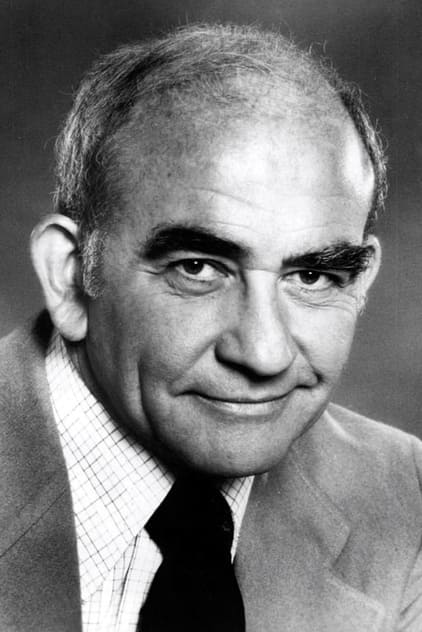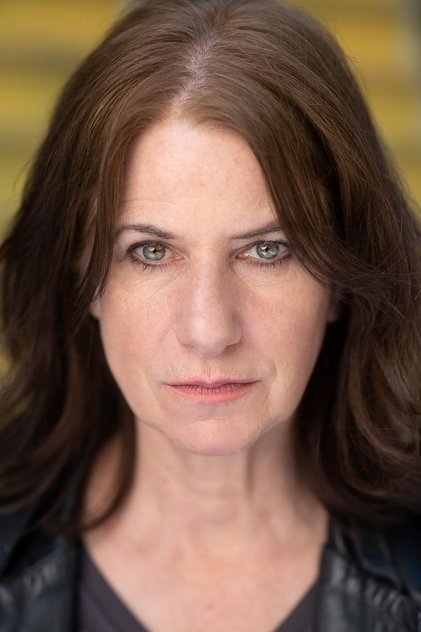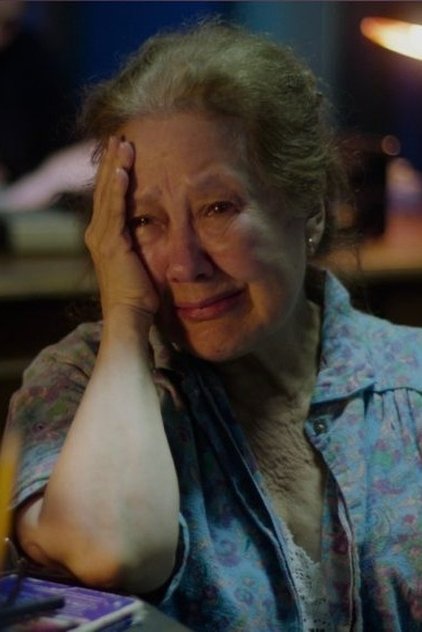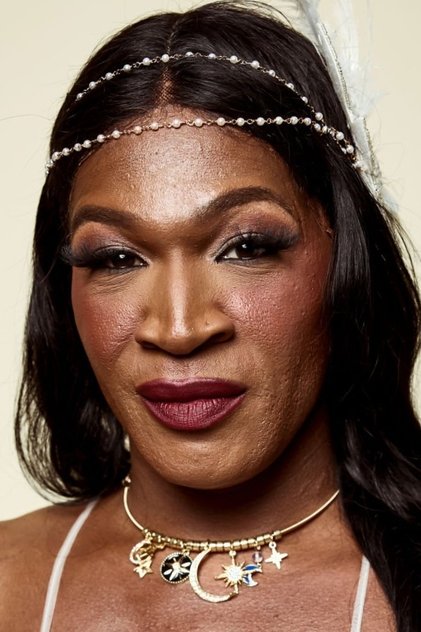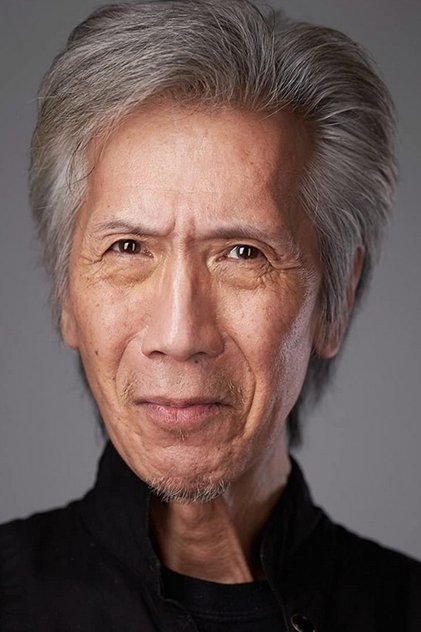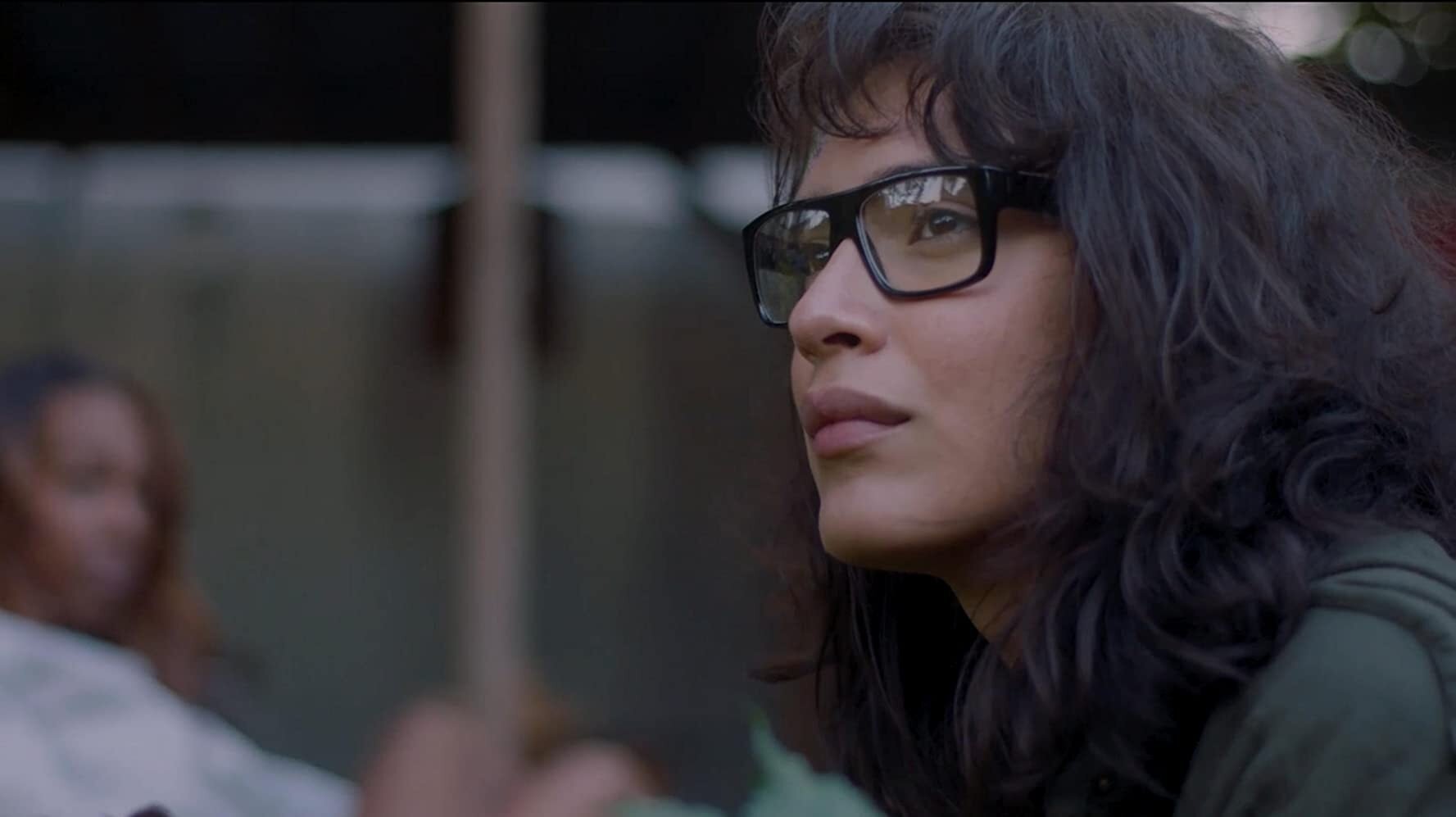

2020
·88m
The Garden Left Behind
Summary
Traces the relationship between Tina, a young Mexican trans woman, and Eliana, her grandmother, as they navigate Tina's transition and struggle to build a life for themselves as undocumented immigrants in New York City.
Reviews
screenzealots
August 31, 2020
One of the greatest roles the medium of film can achieve is to magnify the voices and stories of marginalized communities. “The Garden Left Behind,” an ambitious film about the transgender experience in America, strives to help all of us understand the human experience — especially when it comes to those perceived as “the other.” With a diverse cast of transgender and Latinx actors, this film serves as a great educational tool by allowing the audience to walk a mile in the shoes of another, which in turn helps make the world a smaller, more caring place.
The film tells the fictional story of Mexican trans woman Tina (Carlie Guevara), who lives with her kind grandmother Eliana (Miriam Cruz) in New York City. They are undocumented immigrants and are struggling to build a life for themselves in the United States. Tina wants so desperately to quality for hormone treatment so she can fully transition, hoping to be able to fully live the life she was born to live. Tina’s grandma loves her dearly, but sometimes struggles to understand (but she remains fully supportive of her granddaughter).
The struggles of daily life of a trans woman are treated with compassion and respect, not negatively nor stereotypical. Director Flavio Alves and co-screenwriter John Rotondo worked closely with the trans community to incorporate concerns and realities from their everyday lives into the story. The result is an original, authentic picture of what it’s like to be transgender in America, and particularly a trans woman of color.
We are at Tina’s side as she endures emotional abuse from her boyfriend, verbal threats from strangers, bullying, name-calling, harassment, uncomfortable stares, and the devastation that arises from a life-shattering revelation after she begins the transitioning process. It’s an effective, emotionally devastating way to bridge the gap, as her story is achingly human.
The film has attractive cinematography (by Koshi Kiyokawa) and the pacing moves quickly, never taking too long to tell the story. Still, the script tries to include too many hot-button issues like illegal immigration and the lack of health care, but its political awareness should be commended (although the extended scenes from the “Trans Lives Matter” movement feel forced and stall the narrative).
The end of Tina’s story is shocking and sad, but it feels all too real. The actual statistics that are shown in the film’s closing credits showing the numbers of violence towards trans women of color are shocking. That’s why representation like this on screen is so important: it opens the door to discussion and acceptance, stimulates understanding, lessens discrimination, and fosters kindness across the globe.


